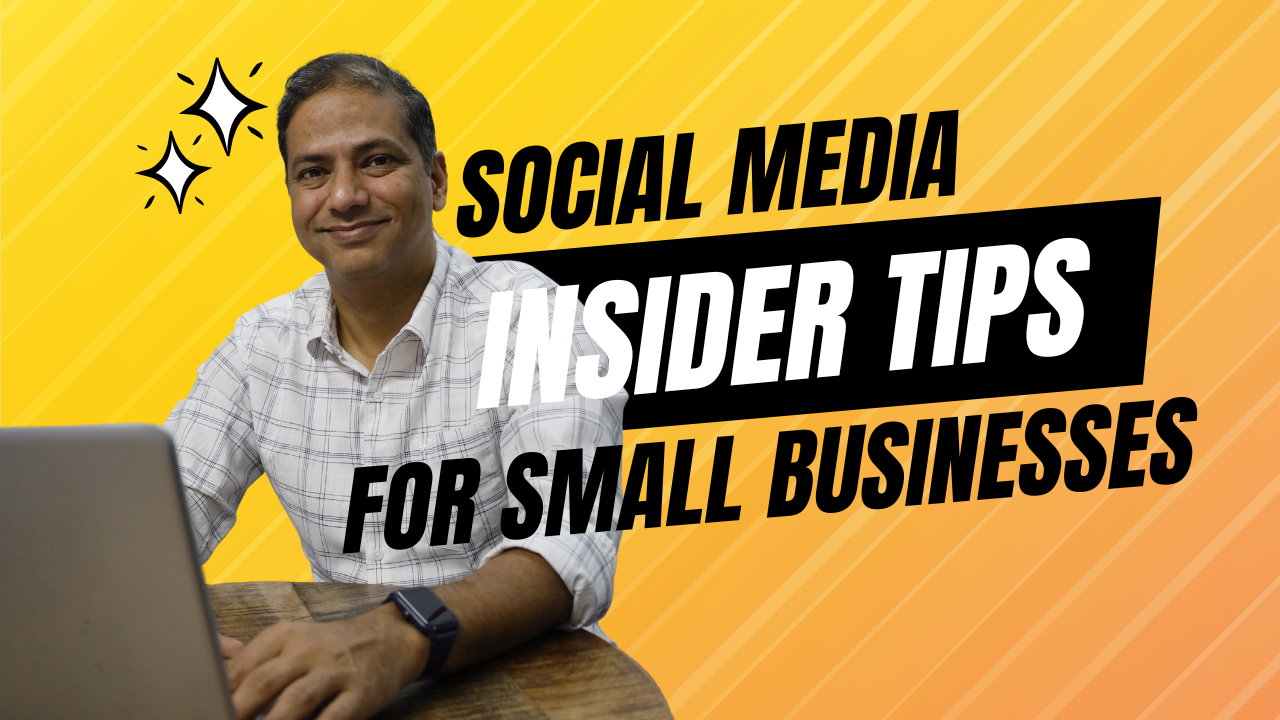Navigating the Future: B2B Marketing Trends in 2024

In the ever-evolving landscape of B2B marketing, staying ahead of emerging trends is crucial for businesses aiming to remain competitive and connect effectively with their target audience. As we stand on the precipice of a new year, the realm of B2B marketing is undergoing unprecedented transformations, driven by technological advancements, shifting consumer behaviors, and evolving market dynamics.
Up to 90% of buyers have a set of vendors in mind before doing any research, and 90% of them will choose a vendor from the day one list, according to a survey by Bain and Google.
(Source – https://searchengineland.com/2024-b2b-trends-marketing-success-435121)
In this insightful guide, we delve into the key trends that will define B2B marketing in 2024, providing strategic insights and practical considerations for businesses aiming to stay ahead of the curve.
Let’s navigate the intricate intersections of innovation, digitalization, and customer-centric approaches, unlocking the pathways to success in the ever-evolving B2B marketing arena.
More Use of Video Marketing
In 2024, video marketing is expected to be a key component of B2B initiatives. Businesses are realising the value of visual material in effectively communicating complex ideas succinctly as consumers’ attention spans get shorter.
Video marketing can take many different shapes in a business-to-business setting, ranging from animated explainers to product demos and client testimonials.

Companies should make the investment to produce top-notch video content that appeals to their target audience and is consistent with their brand messaging. B2B video marketing techniques may be made more effective and widely distributed by leveraging several channels such as LinkedIn, YouTube, and even personalised video emails.
Interactive Content
In B2B engagements, the days of one-way communication are increasingly disappearing.
The emergence of chatbots and interactive communication platforms has led to the increasing importance of conversational content.
Artificial intelligence (AI)-driven chatbots are being used by B2B marketers to assist prospects throughout the buyer’s journey, respond to inquiries, and offer real-time support.
Conversational content implementation includes social media channel participation, interactive webinar creation, and website chat integration. This trend highlights how crucial it is to establish rapport and encourage candid dialogue in business-to-business dealings.
More Partnerships with Influencers
Influencer marketing is not limited to B2C; it’s gaining traction in B2B spheres as well. More B2B companies could anticipate forming strategic alliances with thought leaders and industry influencers in 2024.

A B2B brand can greatly increase its reach and credibility by locating and working with industry influencers. This trend emphasises how B2B interactions are becoming more human and how important it is to build trust with key persons in the business community.
User-Generated Content (UGC)
In B2B marketing, authenticity is still crucial, and user-generated content is becoming a powerful instrument. Encouraging consumers to contribute their thoughts, success stories, and experiences can result in a rich content mosaic that appeals to prospective buyers.
B2B firms can establish credibility and trust through user-generated content, case studies, and testimonials on social media sites.
More Social Media Usage
Even while social media has always been a part of B2B marketing, in 2024 it will play an increasingly larger role. Platforms like LinkedIn, Twitter, and even Instagram can help B2B marketers connect and interact with their target audience.
Social media gives B2B firms an opportunity to share industry insights, engage in pertinent dialogues, and show off their human side.
52% of buyers say they are more likely to make a purchase after reading content. (Source – https://www.oneims.com/7-b2b-content-marketing-trends/)
Use of AI in B2B Marketing
In B2B marketing, artificial intelligence (AI) is a game-changing concept, not merely a trendy term. By 2024, artificial intelligence (AI) will be essential to lead generation, data analysis, and personalisation.
Large datasets can be analysed by AI-driven systems to find trends, forecast customer behaviour, and automate tedious marketing chores.
B2B marketers ought to investigate AI-driven solutions like chatbots for customer service, lead scoring using predictive analytics, and content personalisation using personalisation engines. Using AI guarantees that B2B marketing tactics are not only effective but also highly focused and flexible enough to adjust to changing market conditions.
In conclusion, B2B marketing in 2024 will be characterised by a blend of innovation, technology adoption, and a focus on building meaningful connections. From the immersive power of video marketing to the authenticity of user-generated content and the strategic use of AI, businesses navigating the B2B landscape must embrace these trends to stay ahead in the competitive market. As we enter this new era, B2B marketers should be agile, data-driven, and committed to delivering value in every interaction.





